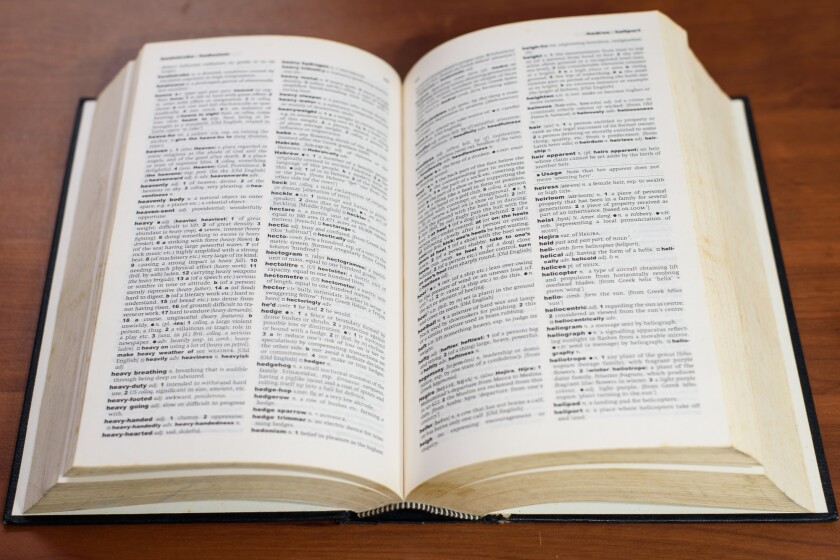The Brazilian excise tax (IPI) legislation determines that the current price in the ‘praça’ (‘trading area’) of the sender’s wholesale market must be used as the minimum amount of the IPI taxable basis in transactions between interdependent companies.
The lack of a legal definition of praça started a discussion regarding the geographic definition of the sender's praça, including questions such as “would it correspond to the city where the sender’s establishment is located or to the state of the sender’s establishment?”
It is important to point out that the Administrative Council of Tax Appeals (CARF) of the Federal Revenue Service of Brazil, based on the initial concept adopted by the federal tax authorities, consolidated the discussion in 1981, recognising that the sender´s trading area corresponds to the geographic space of its city.
In this sense, the Federal Revenue Service of Brazil published a COSIT (General Tax Coordination Office in Brazil) internal ruling in 2012 clarifying that “the minimum taxable amount applicable to shipments of a certain product from the manufacturing establishment, with a single interdependent distributor in its trading area, will correspond to the prices practised by this single distributor in the wholesale sales of said product.”
The broad concept of praça changed the reference to consider it as the city, the neighbouring state or interstate territory, the metropolitan region’s territory, or anywhere, as it is not identified by any circumscribed and determined spatial criterion, but rather by the seller’s field of activities, even if by third parties that resell its products.
Therefore, other decisions have been rendered by the CARF since 2012 with multiple – and extremely broad – interpretations on the matter, including the entire domestic territory in this concept.
A legal definition of praça is necessary to put an end to the several administrative and judicial discussions on the value to be considered as the minimum amount for calculation of the IPI taxable basis.
According to the recent legal definition provided by Law 14395, published on July 8 2022, praça means the territorial space of the municipality where the sending establishment is located, confirming the concept initially defined by the Federal Revenue Service of Brazil in 1981.
Nevertheless, although the legal definition of the term praça seems to put an end to this discussion, there are new discussions at the CARF regarding the understanding that this legal definition as provided for by Law 14395/2022 would apply only after its publication.
To summarise, with this legal amendment, federal taxpayers are now confident in calculating the minimum taxable amount as the IPI taxable basis, considering the municipality where the sending establishment is located as the praça. However, the discussion about the effects of the law is now open.













